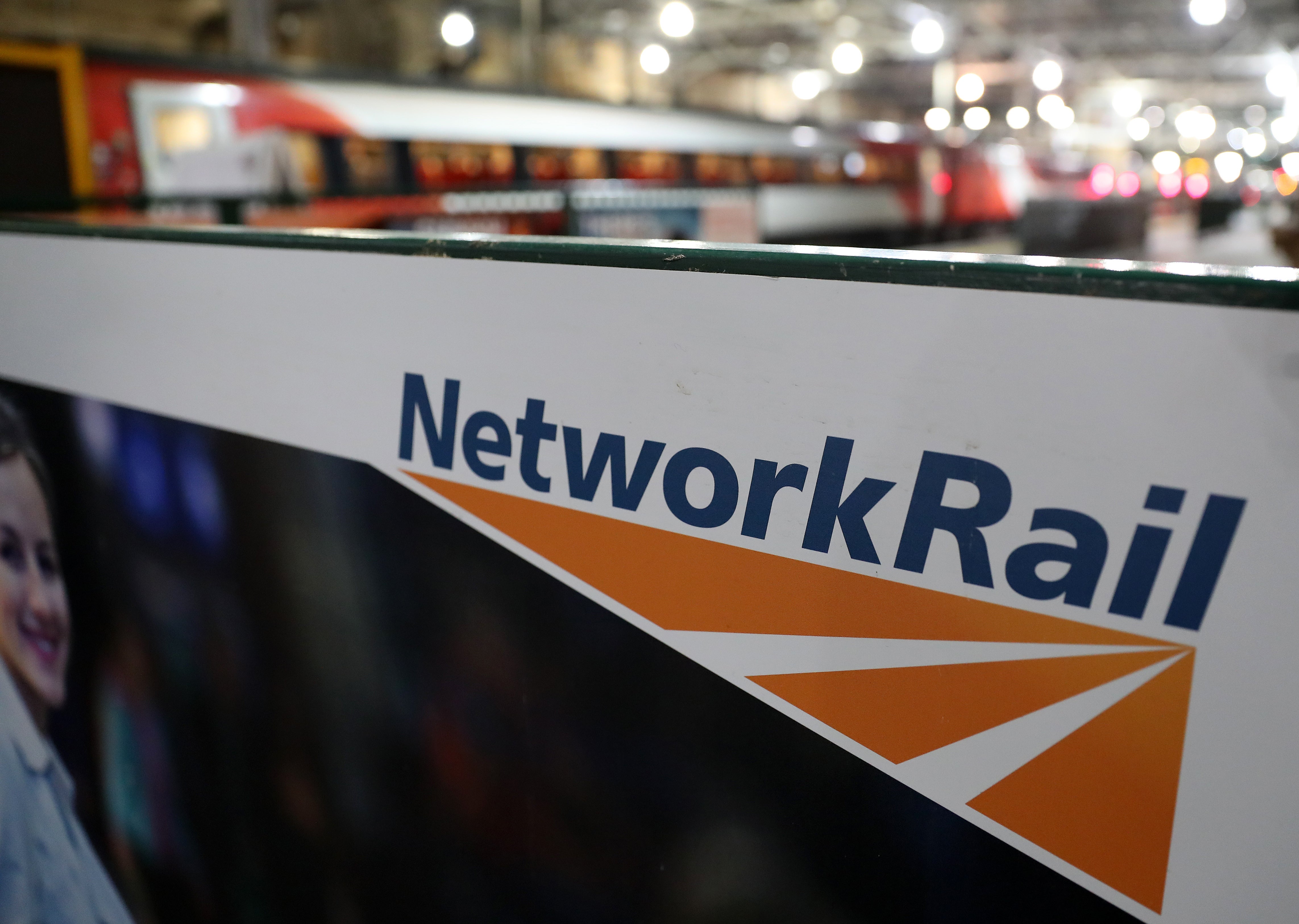Study finds Network Rail’s working practices are ‘restrictive’
The report, commissioned by Network Rail, found that working practices for maintenance are less efficient than at other comparable organisations.

Your support helps us to tell the story
From reproductive rights to climate change to Big Tech, The Independent is on the ground when the story is developing. Whether it's investigating the financials of Elon Musk's pro-Trump PAC or producing our latest documentary, 'The A Word', which shines a light on the American women fighting for reproductive rights, we know how important it is to parse out the facts from the messaging.
At such a critical moment in US history, we need reporters on the ground. Your donation allows us to keep sending journalists to speak to both sides of the story.
The Independent is trusted by Americans across the entire political spectrum. And unlike many other quality news outlets, we choose not to lock Americans out of our reporting and analysis with paywalls. We believe quality journalism should be available to everyone, paid for by those who can afford it.
Your support makes all the difference.Network Rail’s working practices are less efficient than those at comparable organisations, according to a new report.
The way maintenance workers are deployed on the railways is “more restrictive” than in sectors such as water, aviation, energy and roads, the Network Rail-commissioned study found.
The Government-owned rail infrastructure management company published the report by consultancy Nichols a day after it made a new pay offer to workers aimed at breaking a deadlocked row over pay, jobs and conditions.
Britain deserves a railway maintenance regime that is modern
Network Rail’s deal for members of the Rail, Maritime and Transport union (RMT) is conditional on savings being made through modernising reforms.
The organisation is contractually obliged to agree work schedules up to a year in advance with maintenance workers, and send a whole team to a job regardless of the size of the task.
Where a job requires more than one discipline, such as signalling and track, several teams are dispatched but often work sequentially.
This results in a “high level of built-in redundancy” as team members wait for tasks to be completed by other disciplines before they start, according to Nichols.
Network Rail wants more flexibility to roster individual staff members based on the size, nature, location and timing of the work required.
It is also seeking the ability to deploy “multi-skilled teams with broader knowledge” which could “fix most faults and get trains moving faster”.
Chief executive Andrew Haines said: “Britain deserves a railway maintenance regime that is modern and fit for the 21st century.
“Obstructing vital changes that make the railway and its workers safer, and that improve the reliability of services we provide, is in no-one’s interest.
“With common sense and compromise, our proposals can deliver millions of pounds in savings that we can then translate into a better pay offer for all our people. It’s a win-win.”